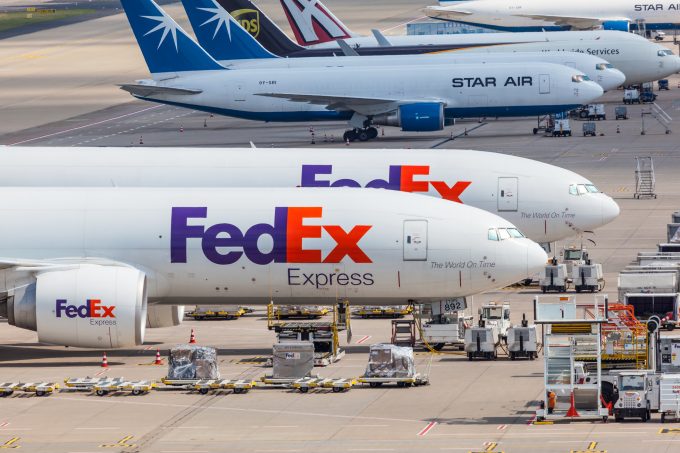China+1 acceleration as tariffs drive supply chain rerouting
US department store chain Kohl’s is working closely with suppliers and vendors to tweak its ...

FedEx announced better-than-expected third-quarter results yesterday, reporting $17.5bn in adjusted revenue, but after net income plummeted, has suspended its financial forecasts.
It said operating results declined – by more than half – owing to “weaker global economic conditions, including the impact of coronavirus, higher self-insurance accruals, ...
CMA CGM South Korean staff strike over bonuses after bumper 2024 profit
MSC switches two more Asia-Europe port calls from congested Antwerp
CMA airline returns two freighters, while ANA takeover of NCA looms
Nightmare for Bangladeshi exporters as congestion and tariffs bite
Tradelanes: Export boom in Indian sub-continent triggers rise in airfreight rates
Front-loading frenzy has made traditional H2 peak season 'unlikely'
Mexican airport modernisation plan unlikely to boost cargo facilities
Carriers introduce surcharges as congestion builds at African ports

Comment on this article